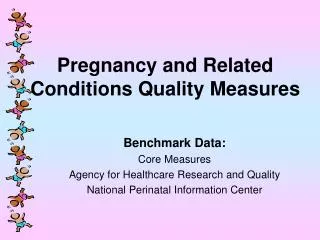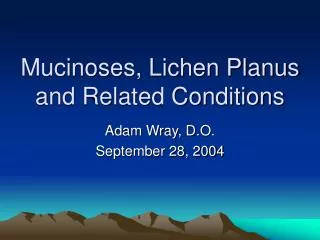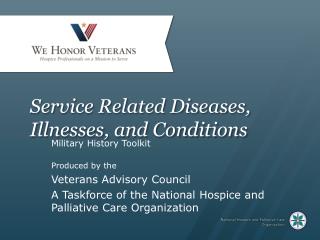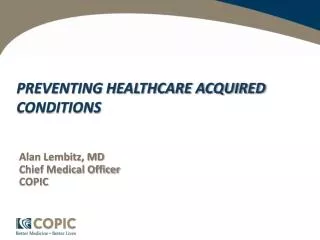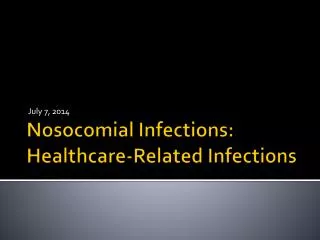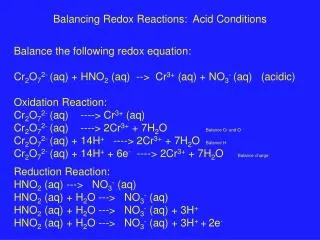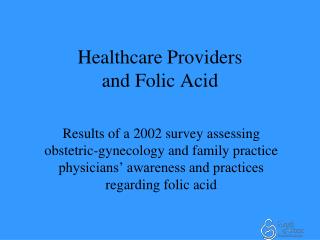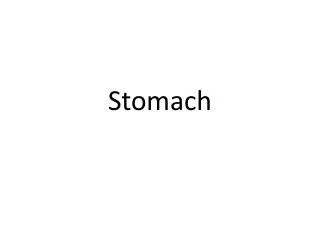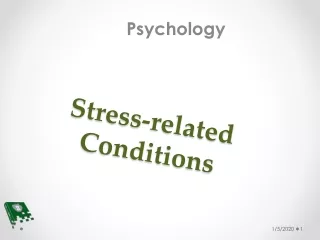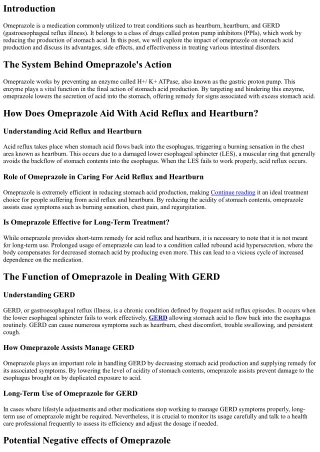Eprakast-40 at Aprazer Healthcare: Relieving Stomach Acid-Related Conditions
0 likes | 15 Views
Eprakast-40, a tablet produced by Aprazer Healthcare, is a medication commonly used to treat conditions related to excessive stomach acid production. This includes gastroesophageal reflux disease (GERD), peptic ulcer disease, and Zollinger-Ellison syndrome. By reducing the amount of acid produced in the stomach, Eprakast-40 provides relief from symptoms and promotes healing.
Download Presentation 

Eprakast-40 at Aprazer Healthcare: Relieving Stomach Acid-Related Conditions
An Image/Link below is provided (as is) to download presentation
Download Policy: Content on the Website is provided to you AS IS for your information and personal use and may not be sold / licensed / shared on other websites without getting consent from its author.
Content is provided to you AS IS for your information and personal use only.
Download presentation by click this link.
While downloading, if for some reason you are not able to download a presentation, the publisher may have deleted the file from their server.
During download, if you can't get a presentation, the file might be deleted by the publisher.
E N D
Presentation Transcript
More Related

